The EU announced the 5th package of sanctions against Russia on 5 April due to the war it started in Ukraine.
In this context, it was decided to prohibit the access of ships owned and operated by Russia to EU ports. The EU directive on the subject was published on 8 April.
In recent days, member countries have started to close their ports one after another to the ships in question.
The ban will apply to all ships "registered under the Russian flag", including yachts and pleasure craft.
Ships that fly the Russian flag to another state after February 24, when the Russian army's attacks on Ukraine began, will also be banned.
In this context, Bulgaria, Romania, Estonia, Belgium and Italy have implemented the EU directive as of midnight on 16 April.
Finally, Greece detained a Russian oil tanker off the coast of Euboea, within the framework of EU sanctions against Russia.
It is at the discretion of each country to implement the measure.
There are 22 member states in the EU that border the sea. It is up to each member state to take the necessary steps to implement the measure.
Brussels-based European Sea Ports Organization (ESPO), in its statement on April 12, demanded the EU to ensure clarity and unity in practice in all member states.
Stating that the harmonized implementation of the application by the members will prevent Russian ships from "choosing a port", EPSO asked the European Maritime Safety Agency, the relevant institution of the EU, to submit a clear list of ships that cannot enter EU ports in order to ensure that the supply chain is not interrupted further.
Broad exceptions exist
EU sanctions targeting ships include broad exceptions. According to them, any Russian ship that entered the ports legally before the sanctions would be able to leave the place.
Among the exceptions, the most critical is for ships carrying natural gas and oil. Because energy products are at the top of the EU's imports from Russia by ships. Eliminating dependency on Russian energy is the EU's biggest challenge regarding the Ukraine war.
Other exceptions include ships for humanitarian purposes, ships loaded with all pharmaceutical, medical, agricultural and food products, including wheat and fertilizers, carrying nuclear fuel and other goods strictly necessary for the operation of civil nuclear capacity.
In addition, since the ban on coal imports from Russia envisaged in the 5th sanctions package will actually start on August 10, it will continue to be possible to purchase, import or transport coal and other solid fossil fuels in the EU until then.


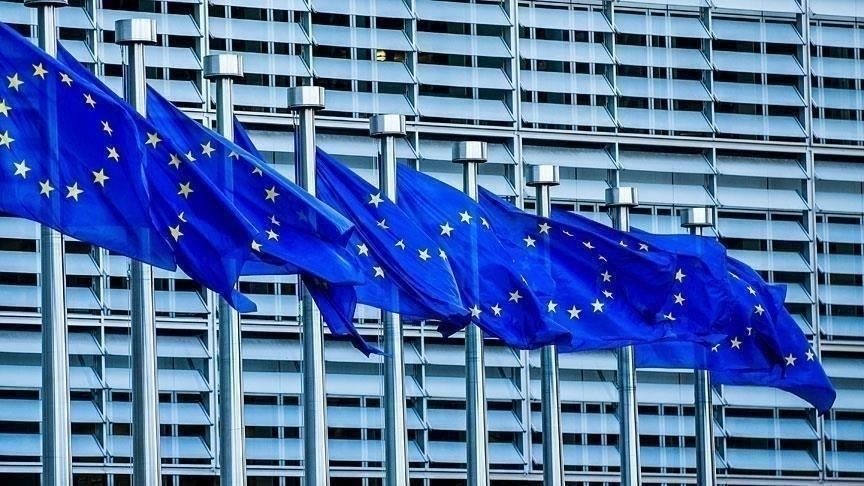
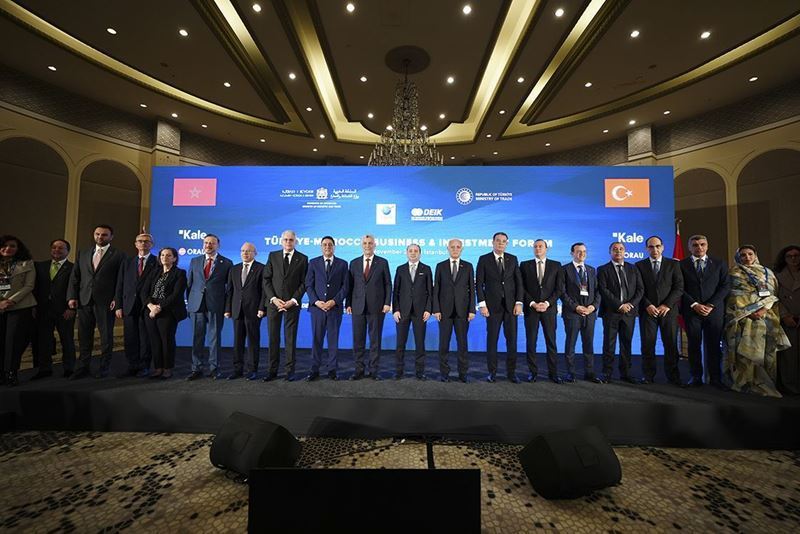
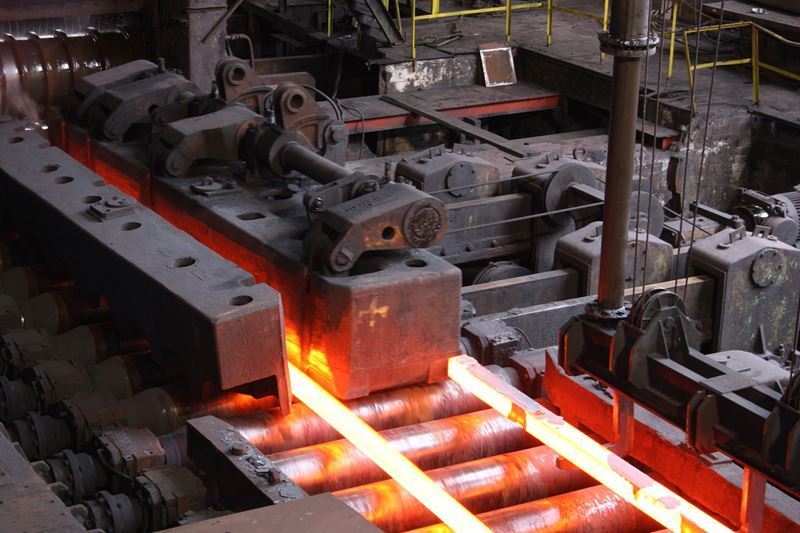
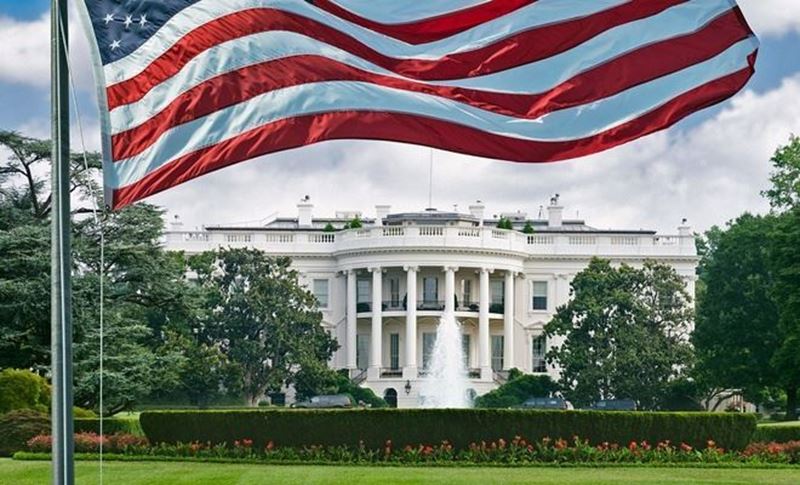

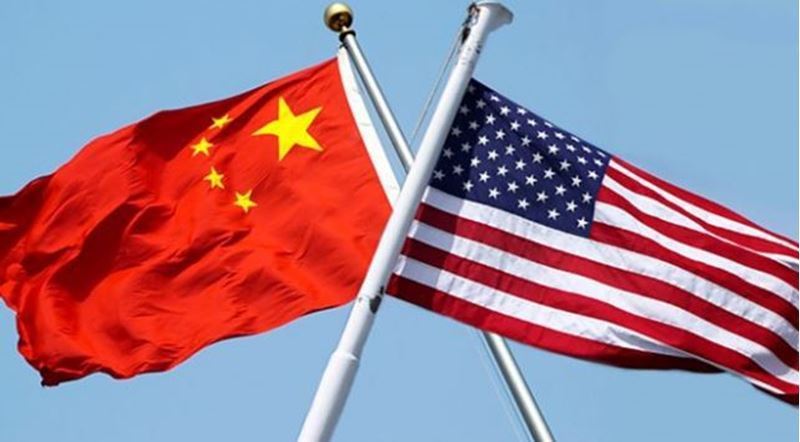

Comments
No comment yet.